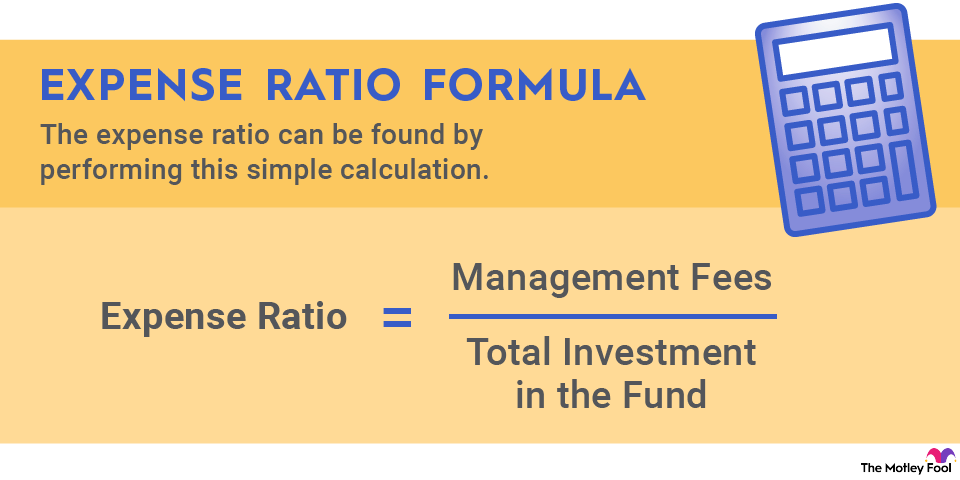Nominal returns and real returns
The nominal return on a portfolio that rises from $100,000 in value to $120,000 a year later is 20%. The calculation is simple: Divide the amount of change by the starting value. Taxes, fees, and inflation are not considered.
The nominal percentage change quantifies the increase in the portfolio's dollar value. Unfortunately, nominal growth rates do not capture changes in the asset's purchasing power. To understand those changes, you must adjust nominal growth by the rate of inflation.
Inflation-adjusted returns are known as real returns. Returning to our portfolio that grew 20% nominally, a 5% inflation rate in that period translates to a real return of 15%. This means the ending nominal value of $120,000 has the same purchasing power as $115,000 did at the start of the year.
Note that you could further adjust the portfolio's nominal return by accounting for taxes and investment fees.
The concepts of nominal growth and real growth are also applied to gross domestic product or GDP. Nominal GDP measures goods and services produced by an economy at current market prices, while real GDP adjusts the value for inflation. Without the inflation adjustment, it's impossible to know if a higher nominal GDP resulted from greater economic activity, higher prices, or both.
Related investing topics




















